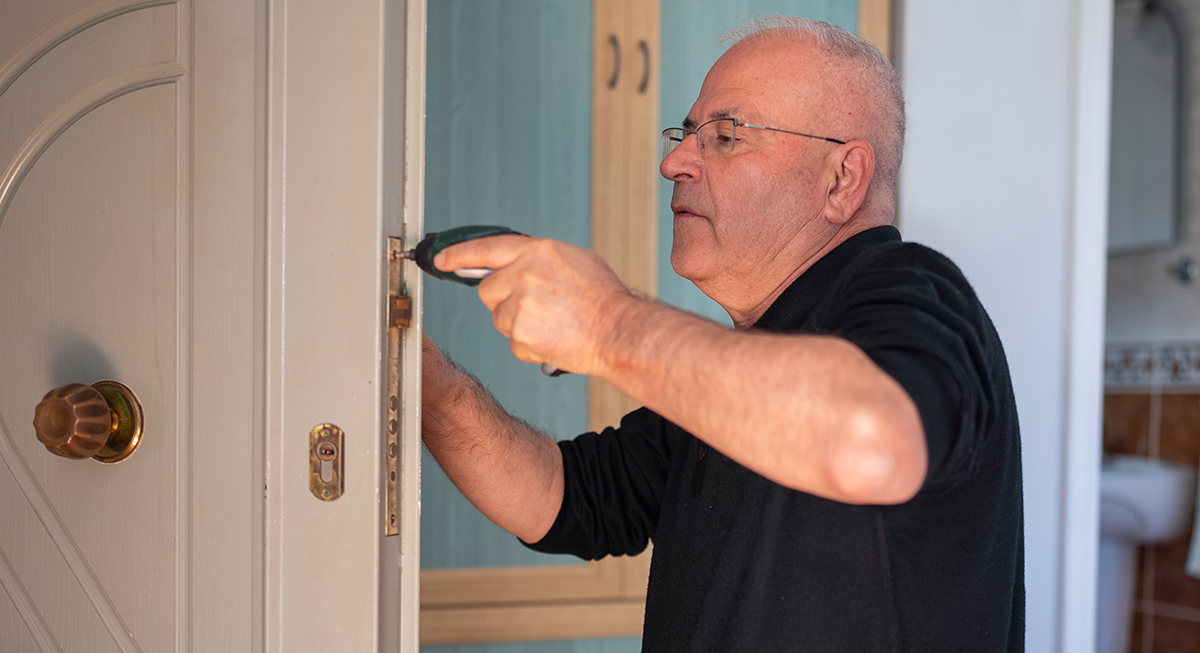I am a huge fan of the column Red Tape Chronicles on msnbc.com. In it, Bob Sullivan writes about things like internet scams and consumer fraud. While we all hear stories about scams and fraud and think "Oh, I would never have fallen for that," this column uncovers stories that perhaps some of us might have fallen for, or at the very least, things we wouldn't be expecting to be a scam.
This morning, I came across an article by Mr. Sullivan entitled Why hidden fees are a big deal. Like me, Mr. Sullivan hates hidden fees that companies pile onto us. I have to agree. I hate signing up for a service that advertises it will cost $39.99 and find that my end bill is over $50. Why? Taxes and fees. Usually I just shrug and figure it's part of the deal, but that doesn't mean I don't find it frustrating.
Before I read Mr. Sullivan's article, I thought I was pretty good about watching for hidden fees. I check my credit card statement a few times a week, and when the bill comes, I go through the statement and reconcile it with my records in Microsoft Money. I do the same with my bank accounts to be sure that I'm not getting any additional fees. I also check the bills for various services (cable, cell phone, etc) to be sure that the charges are all valid.
But I tend to ignore those various fees that are always tacked on. The ones that claim to be various taxes. I figure that's all part of the deal. But this sentence from Mr. Sullivan's article made me pause:
"The most successful firms are now the ones that hide their prices best: Under asterisks, deep inside terms and conditions, in fees they call taxes, bills that come months after the fact, or around a dark corners in auto dealerships where the manager’s office is."
You mean that perhaps these fees aren't taxes after all? Then what are they? And while they may only be a few dollars every billing cycle, those few dollars add up! On this website, I'm tracking how much I really can save by just putting a dollar a day into a savings account. Think how much more I could save if I could put a dollar a day plus all of those little fees that pop up every month! The article states that the average amount that a consumer spends on these types of fees per year is $946. As Mr. Sullivan points out, that means that while some people manage to minmize their fee expenses to under $300, others are paying nearly $2000 per year in hidden fees!
I don't know what we can do about these fees. I have a feeling that if I called my cell phone company to inquire about a fee, they would tell me that it's a tax that they are required to charge me and that would be the end of it. But I do think I'm going to start paying more attention to my bills. I distinctly remember a few months back where I stayed in a hotel and when it was time to pay the bill, there was a random $3 charge on it. I asked about it, and the desk clerk shrugged and said it was just a standard fee. I was on my way to the airport, so I didn't bother to argue. At that point, it was worth losing the $3 to be sure that I got to the airport on time and didn't miss my flight home. After all, it was only $3. But now that I think about it, how many times have I done something like that? How many little $3 charges have I just written off because "Oh, it's not worth it to fight that, it's only a few dollars."
I'm not going to become a crusader against hidden fees. But I think I am going to start asking questions. If nothing else, I should at least know why I'm being charged that additional money. Then, if I shouldn't be charged, I can work to get it taken off my bill. It's not a huge step, but it's a step in the right direction.









